LHC bans media from interviewing suspects in custody
Court remarks that airing or publishing interviews of suspects violates the right to fair trial
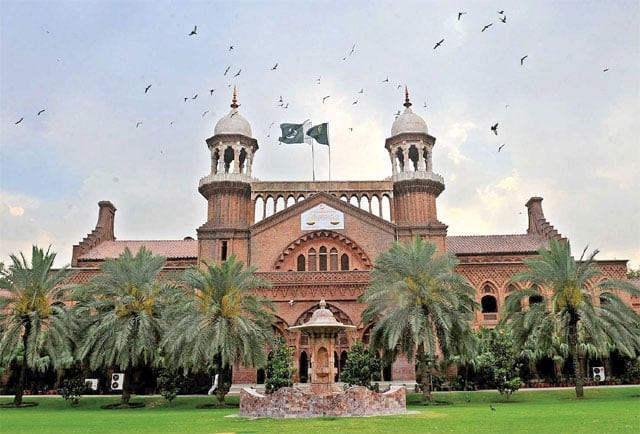
The Lahore High Court has refrained media houses form conducting interviews of under custody suspects and airing or publishing their statements, ruling that such actions violate the right to fair trial.
The court observed, “A forced and publicised confession is not a justice — it is oppression.”
Justice Ali Zia Bajwa issued an 11-page written verdict on petitions filed by Vishal Shakir against the practice of interviewing suspects under detention. The decision strictly prohibits law enforcement agencies from allowing media personnel to interview anyone in custody.
The court stated that an interview of under-custody suspects damages their dignity and future and directly affects the fairness of the trial. It ruled that any officer who violates this order will face misconduct proceedings, while the head of the investigating agency will be responsibile for ensuring compliance.
Justice Bajwa emphasised, “This is the right time for regulatory authorities to monitor the conduct of the media.” He criticised law enforcement agencies for allowing reporters to accompany them at checkpoints and public places, leading to the humiliation of citizens.
The judgment further stated that while institutions have every right to act against lawbreakers, they cannot compromise citizens’ dignity for the sake of publicity or media coverage.
Referring to the case details, the verdict noted that the petitioner filed the plea under Article 199 of the Constitution, expressing serious concern over the media’s character assassination and humiliation of suspects under custody. Reports were also submitted by the police, excise, and FIA.
According to the court, Advocate General Punjab acknowledged that such interviews not only damage a suspect’s self-respect but also weaken the prosecution’s case. He added that such acts raise legal and ethical questions and pose a serious threat to the credibility of the justice system.
Justice Bajwa remarked that the dignity of every individual is inviolable and cannot be diminished at the police station. A lawful arrest, he said, does not deprive an individual of their fundamental rights.
The judgment reminded state institutions of their duty to uphold citizens’ fundamental rights and human dignity, as guaranteed under the Constitution. It observed that allowing interviews of detainees amounts to a media trial, which can influence public opinion before any judicial verdict, thereby compromising the principle of a fair trial.
The court urged the media to exercise responsibility and restraint, noting that the media must not cross the boundaries of judicial or investigative domains. It warned that media trials not only disrupt judicial proceedings but also compromise the privacy and rights of the accused. The court emphasised the need to strike a balance between freedom of expression and the right to a fair trial.
Finally, the LHC stated that the media has the freedom to report accurately on ongoing trials and investigations. The media cannot engage in false, defamatory, or unprofessional reporting. The court also broadened the legal definition of ‘under custody’ saying it include any individual stopped or detained at police checkpoints or roadblocks.








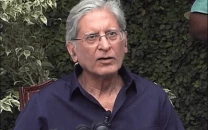
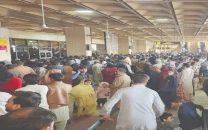
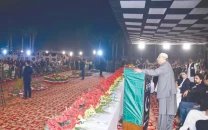
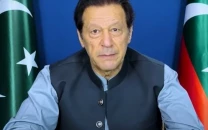
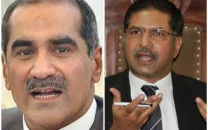












COMMENTS
Comments are moderated and generally will be posted if they are on-topic and not abusive.
For more information, please see our Comments FAQ